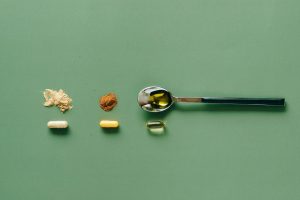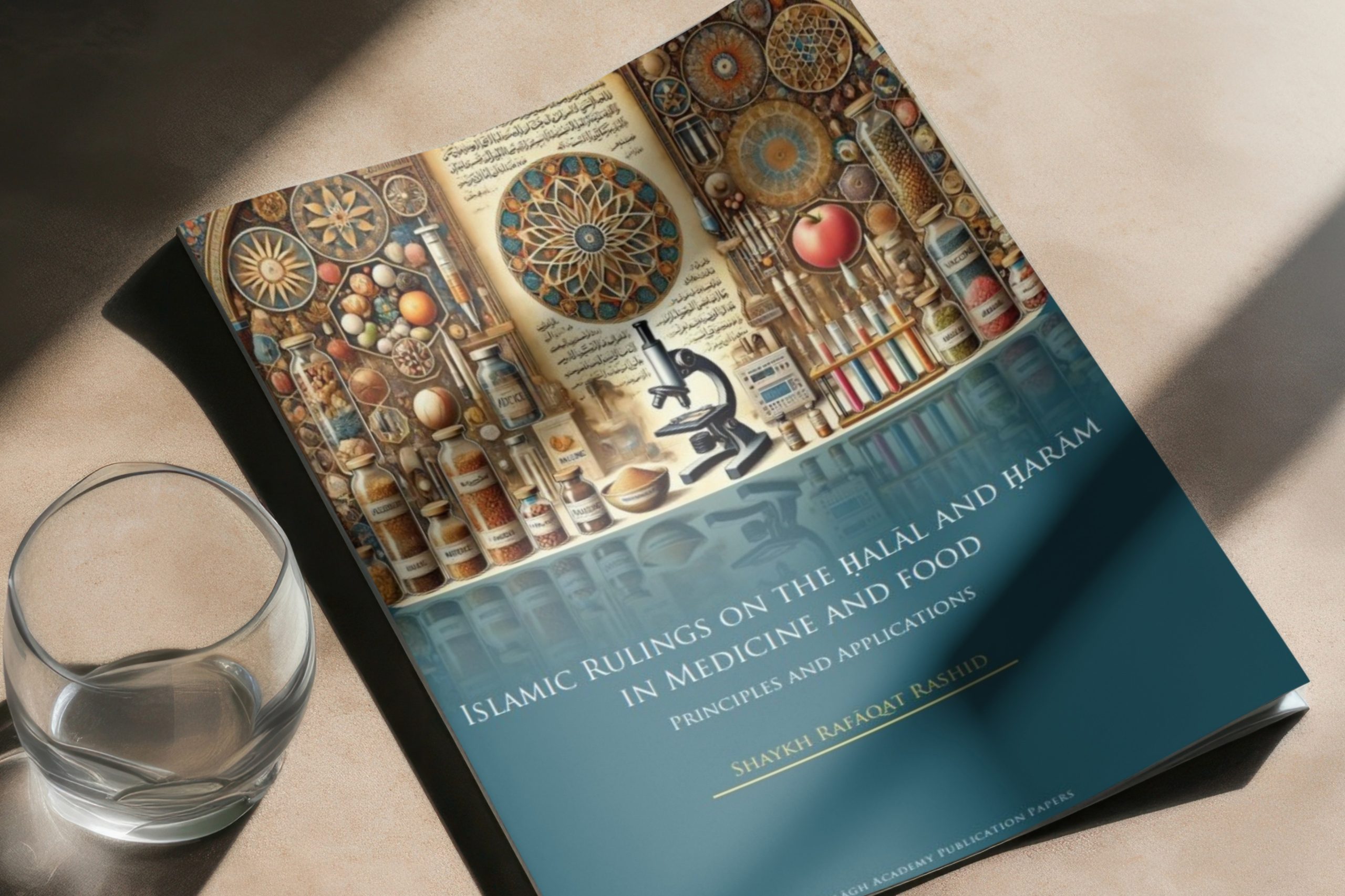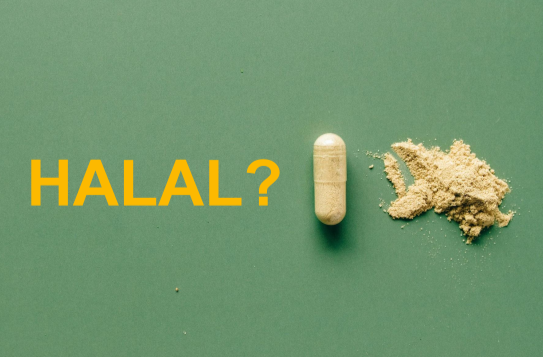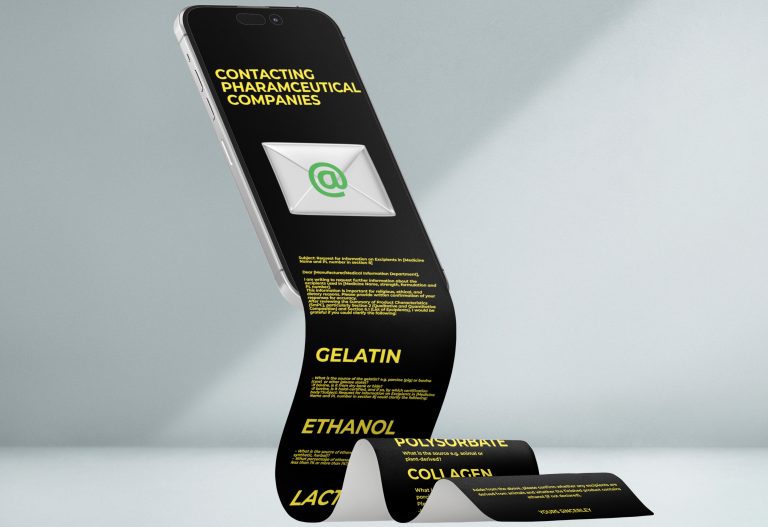Istihala is the complete chemical transformation of a legally impure (najis) substance into a completely new substance that is considered legally pure (ṭāhir). The latter substance no longer retains the chemical properties of its former state (i.e. there has been a change of the original in form, colour, smell, taste, nature, effect, name, use, properties and is irreversible). The substance can undergo this chemical change through scientific or natural means. 1An example of istihala includes turning wine into vinegar.2 For more detailed information on istihala, see our e-book on ‘Islamic rulings on the halal and haram in medicine and food’.
- Siddiqi, Nasrullah. (2020). Comparative Study of Istihalah Shariah and Chemical Changes. WHS 2020. 89-94. Accessed 27.1.2025 from: https://www.researchgate.net/publication/354339446_Comparative_Study_of_Istihalah_Shariah_And_Chemical_Changes ↩︎
- Jamaludin, Mohammad & Ramli, Mohd Anuar & Hashim, D.M. & Ab Rahman, Suhaimi. (2012). Fiqh Istihalah: Integration of Science and Islamic Law. Revelation and Science. 2. 49-55. Accessed 27.1.2025 from: https://pmc.ncbi.nlm.nih.gov/articles/PMC2014957/ ↩︎







